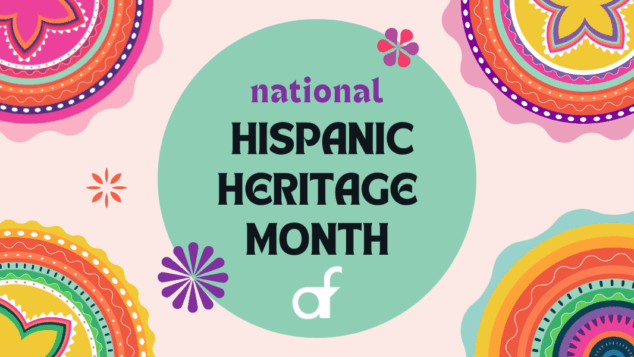Legal Concerns to Weigh for Association-wide DEI Initiatives

Q. In connection with our DEI initiatives, my association is encouraging our members to increase the compensation they pay to minority and under-represented employees. Does that raise any concerns?
A. Associations rightly are focused on programs and efforts to improve diversity, equity, and inclusion (DEI) in their industries and professions. The Association Forum’s Welcoming Environment program is an excellent example of what associations can do. At the same time, however, associations also must be sensitive to potential antitrust concerns related to DEI initiatives.
The single most significant law affecting associations is the Sherman Antitrust Act, which makes unlawful contracts, combinations, or conspiracies in restraint of trade or commerce. As a result, any association activity that arguably could be perceived as a restraint of trade exposes the association and its members to potential antitrust risk. In addition, antitrust investigations and litigation often focus on associations because actions taken by associations frequently meet one of the two elements necessary for a Sherman Act violation: collective action. Under those circumstances, a plaintiff (whether the government or a private party) need only demonstrate a “restraint of trade” by an association to prove an antitrust violation. That and the fact that antitrust laws are written in broad terms and contain general prohibitions means associations and their activities are at a higher risk of antitrust scrutiny.
In a similar vein, associations might want to use their influence among those in the industry or profession they represent to encourage their members to favor minority suppliers or to provide favorable rates to minority or underserved customers. Again, those efforts, though well intentioned, could be construed as restraints of trade. While associations should not direct their members to take specific actions that could be deemed to restrain trade, they can petition the government to adopt legislation or regulations that would provide the same or similar results. The Noerr-Pennington doctrine – named after two United States Supreme Court decisions and based on First Amendment protections – safeguards associations’ rights to petition the government and shields associations from antitrust liability even if their advocacy efforts have the intent or effect of restraining trade. The doctrine provides that efforts to influence government policy are legal, even if they are carried out by an association and the intended consequence is to restrain trade or reduce competition. So, for example, while an association could not legally direct its members to provide favorable rates to minority customers, it could advocate that the government institute programs to do just that.
Most trade and professional association DEI efforts are unlikely to generate antitrust concern. For those that do, however, it is important to be careful to avoid actions that could be construed as anticompetitive.
Tags
Related Articles
Workforce to Hit 30% Gen Z by 2030: Ready or Not?
Gen Z isn’t lazy—they’re reshaping work with speed, collaboration, and purpose. Here’s how to engage...
Celebrating Hispanic Heritage Month with Association Latinos
How to celebrate Hispanic Heritage Month within the association community and Chicago!
Tips for Creating a Welcoming Meeting Environment
Creating a truly inclusive annual meeting means going beyond ADA compliance—discover how one association builds...




